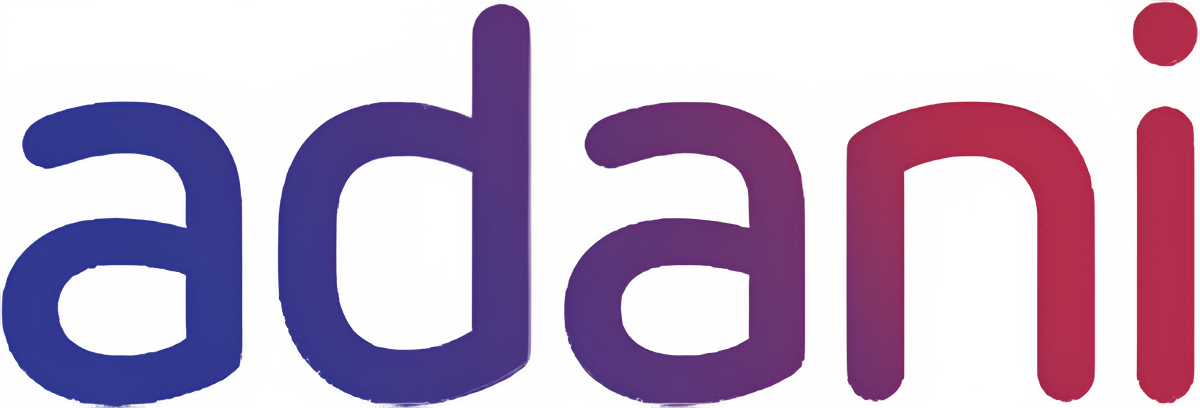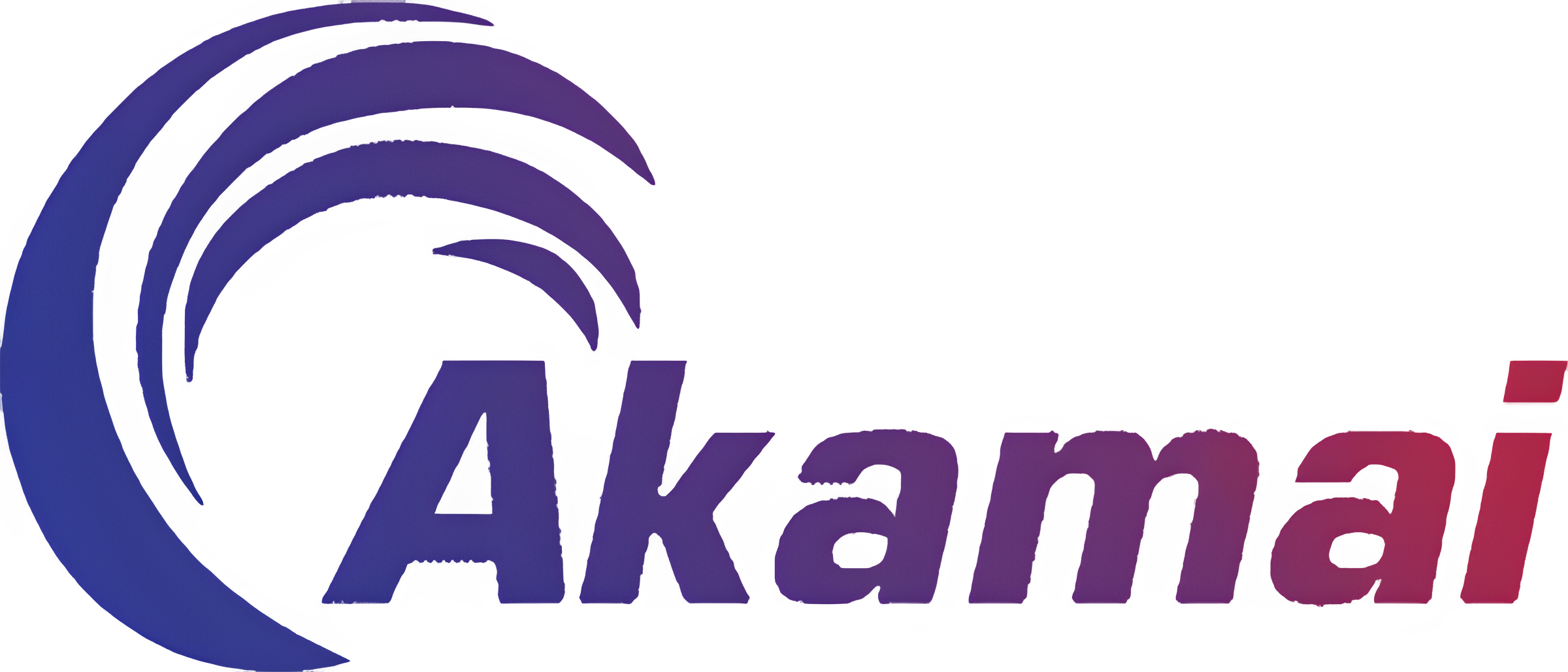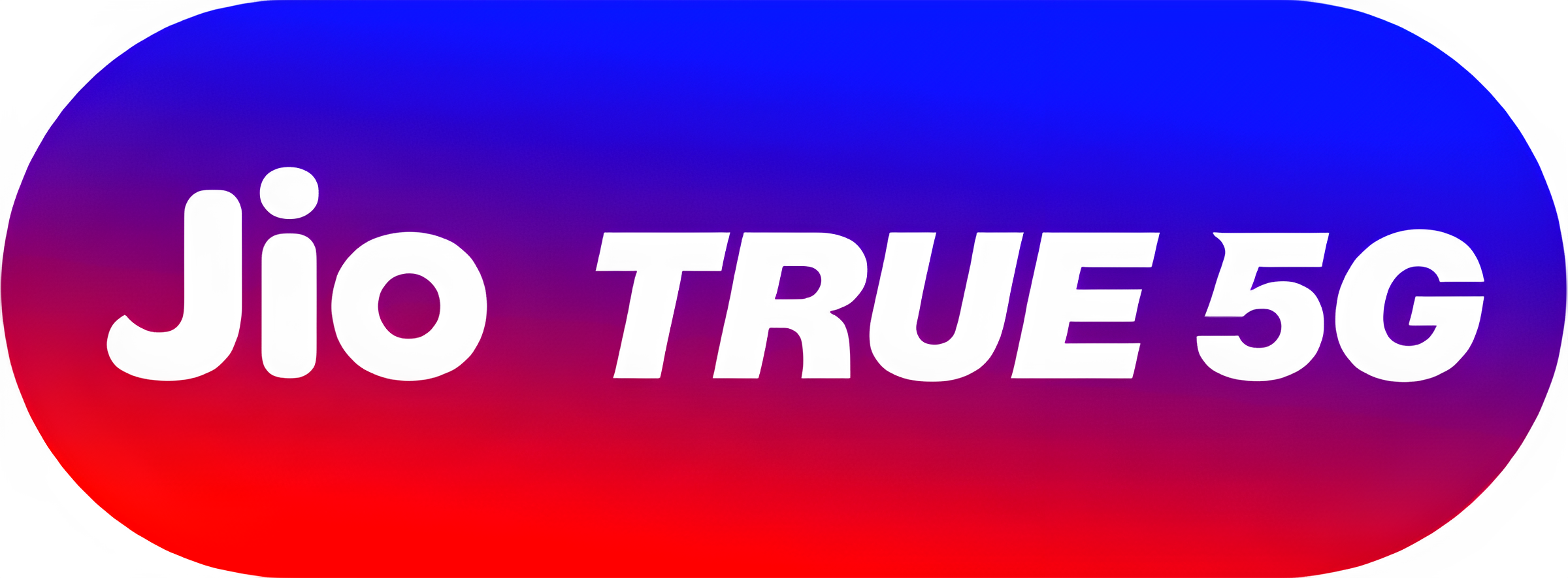Top 7 Proven Fantasy Sports App Monetization Models That Work
Fantasy sports apps have exploded in popularity, with leading platforms like FanDuel and DraftKings generating millions in revenue through diverse monetization strategies. To thrive in this competitive landscape, developers must employ proven models such as entry and league fees, freemium subscriptions, in-app purchases, advertising, sponsorships, merchandise, and data services. Each approach can be tailored to maximize user engagement and revenue, while keeping mobile app development cost in check by leveraging a Cross-Platform App Framework or judiciously choosing between iOS Vs Android app development.
The fantasy sports sector has witnessed exponential growth over the past decade, fueled by user demand for immersive, gamified sports experiences on mobile devices. According to recent industry reports, global fantasy sports revenues exceeded US$20 billion in 2023, with projections reaching US$40 billion by 2027. As consumers gravitate toward real-time sports engagement, the importance of well-designed monetization frameworks cannot be overstated. Early pioneers like FanDuel and DraftKings validated the “entry-fee” model, while newer entrants have diversified into subscriptions, in-app commerce, and data licensing. However, poor implementation of monetization can alienate users or inflate mobile app development cost unnecessarily. In this guide, we examine the seven most effective monetization models for fantasy sports apps, providing actionable insights for entrepreneurs and established brands alike. Whether you build natively or use a cross-platform app framework, understanding these revenue streams is critical to app success. At Dinoustech Private Limited, we’ve helped numerous clients navigate exactly these decisions, ensuring both rapid time-to-market and robust revenue potential.
1. Entry and League Fees
Charging users entry fees for joining tournaments or private leagues remains the cornerstone of revenue for major fantasy platforms. Each time a user wants to participate, they pay a predetermined fee, which contributes to a prize pool. The operator typically retains a percentage—known as the “rake”—while the remainder is distributed as winnings. FanDuel and DraftKings popularized this approach, generating substantial income by hosting high-stakes contests that attract competitive players across demographics.
Entry-fee models foster sustained engagement since users often join multiple contests weekly. To optimize revenue without discouraging participation, apps can vary fee tiers based on prize size, contest duration, or number of participants. Lower-priced “micro-contests” cater to casual players, while premium tournaments appeal to high rollers. Implementing robust anti-fraud measures—such as KYC checks and advanced matchmaking algorithms—is critical to maintaining trust and regulatory compliance, especially in regions where fantasy contests tread close to gambling laws.
However, relying solely on entry fees may limit user acquisition in price-sensitive markets. Dinoustech Private Limited often recommends structuring free-to-play contests to onboard new users and then upselling to paid leagues. This blend of free and paid models balances acquisition costs against lifetime value, ensuring a healthy revenue funnel. Integrating real-time analytics—implemented by our data experts—also helps refine fee structures by analyzing user spending habits and churn rates.
2. Freemium Subscriptions
A freemium model offers basic features at no cost and charges for premium tiers, unlocking advanced analytics, exclusive contests, or an ad-free experience. This hybrid approach lowers the barrier to entry, allowing users to evaluate core functionality before committing financially. Successful fantasy sports app development often provides free daily games with limited prize pools, alongside a paid “Pro” subscription that grants access to larger tournaments, personalized insights, and priority customer support.
Subscription pricing can be structured monthly, quarterly, or annually, with tiered benefits that encourage upgrades. For example, Dinoustech Private Limited’s Pro-tier clients receive AI-driven player projections powered by machine-learning algorithms, enabling data-driven lineup decisions. In turn, these enhanced services justify the recurring fee and foster loyalty among serious gamers. To avoid churn, it is crucial to continuously update premium content and tools. That’s where our custom software maintenance company arm ensures timely feature enhancements and security patches.
Offering an initial free trial—perhaps tied to a high-profile tournament—drives conversion to paid tiers. Our team at Dinoustech Private Limited Conducts A/B testing to optimize pricing, feature bundling, and trial durations. Analytics dashboards then reveal which premium features users value most, guiding future updates and iterative improvements.
3. In-App Purchases and Virtual Goods
In-app purchases (IAPs) extend beyond simple subscription fees by allowing users to buy virtual items, boosts, and cosmetic enhancements directly within the app. Users might purchase “Power Picks” for AI-generated player recommendations, “Draft Tokens” to join exclusive leagues, or “Profile Skins” to customize their interface.
Virtual goods appeal to users seeking a competitive edge or personalization and can drive significant incremental revenue. Since IAPs are often impulse-driven, integrating a seamless checkout flow—backed by PCI-compliant gateways—is essential to minimize friction and cart abandonment. Dinoustech Private Limited typically integrates leading solutions such as Stripe and Braintree to support global payment methods, including Apple Pay and Google Pay, while managing fraud risk effectively.
Limited-time offers—such as “Holiday Draft Boosts” or “Season Finale Packs”—create urgency and increase average revenue per user (ARPU). To optimize IAPs, we implement analytics that track conversion rates, purchase frequency, and user engagement with acquired virtual goods. That real-time feedback loop, powered by our backend team, enables continuous refinement of virtual item catalogs.
4. Advertising (Banner, Native, Video)
Advertising remains one of the most accessible monetization channels for fantasy sports apps, especially those offering free tiers. Common ad formats include banner ads, native placements within content feeds, and rewarded video ads that grant users small in-app perks—such as “free entries” or “bonus credits”—in exchange for watching short clips.
Effective ad monetization hinges on balancing revenue and user experience. Overloading screens with intrusive banners or pop-ups can drive users away, whereas well-placed native ads that match the app’s look and feel deliver higher engagement. Rewarded videos are especially popular because they offer tangible value to users without disrupting core gameplay. For instance, watching a 30-second video could grant a “Free Draft Token” or “Temporary Access to Pro Analytics,” encouraging repeat ad views and boosting monetization without harming retention.
To implement ad monetization, Dinoustech Private Limited integrates SDKs from top ad networks such as Google AdMob and Unity Ads, optimizing each placement to minimize load times. Continuous A/B testing of ad formats—supported by our data analytics team—ensures the highest possible eCPM (effective cost per mille) while preserving user satisfaction. Over time, the app can refine ad frequency caps and targeting based on real-world engagement data.
5. Sponsorships and Partnerships
Securing sponsorships and strategic partnerships with sports brands, media outlets, or hardware manufacturers offers a lucrative, yet often underutilized, revenue stream. Unlike generic advertising, sponsorships involve deeper brand integration—such as branded leagues, co-produced content, or exclusive player interviews—that resonates strongly with fan bases. For example, a sports apparel brand might sponsor a “Champion’s League” within the app, featuring branded team kits and exclusive merchandise giveaways.
Partnerships can also extend to streaming services, where integrated highlights or live commentary enhance the user experience, justifying higher sponsorship fees. Data analytics firms may offer tiered pricing for advanced statistic feeds or predictive models, further boosting revenue. To negotiate and manage these relationships effectively, Dinoustech Private Limited provides project management and creative services, ensuring high-quality branded assets and co-marketing materials.
Cross-promotional initiatives—such as offering exclusive discounts on sportswear or ticket bundles—create added value for users and sponsors alike. By integrating partner offers seamlessly into the app’s rewards section, platforms can track conversions and measure ROI for sponsors, fostering long-term relationships. Managing these complex partnerships requires periodic contract renegotiation and performance reporting—tasks our custom software maintenance company arm handles with transparency and efficiency.
6. Merchandise and Affiliate Marketing
Merchandise sales and affiliate marketing expand revenue opportunities by tapping into the broader sports commerce ecosystem. Apps can host an in-app store featuring team jerseys, memorabilia, or even partner-branded products, earning margins on each sale. Industry data indicates 60–70% of sports enthusiasts spend on team merchandise, making this a compelling adjunct to core fantasy gameplay.
Affiliate marketing involves promoting third-party products—such as sports equipment, streaming subscriptions, or event tickets—and earning commissions on referrals. For instance, a fantasy basketball app might embed affiliate links to an online sports store, tracking purchases whenever a user buys a jersey or basketball shoes after viewing a player profile. Contextual placements—like “Shop Player Gear”—maintain a seamless user experience while generating passive revenue.
To implement in-app merchandise and affiliate programs, Dinoustech Private Limited’s e-commerce experts build robust storefronts that support catalog management, secure payment processing, and order fulfilment. Our team ensures a responsive, intuitive shopping interface—leveraging best practices from our best web development company projects—so transactions flow smoothly and merchandise boosts overall ARPU.
7. Data Monetization and Analytics Services
Fantasy sports platforms generate vast amounts of user-generated and match data—an asset that can be monetized by selling insights and analytics to broadcasters, sports agencies, or betting operators. By anonymizing user activity—lineup choices, swap patterns, engagement metrics—apps can sell aggregated datasets to media outlets seeking predictive signals, or to teams scouting talent trends. Real-time sentiment polling derived from in-app chats also attracts sponsors and broadcasters, offering valuable fan-engagement metrics.
Offering premium analytics services—like advanced player projections or AI-driven lineup generators—on a subscription or per-query basis diversifies revenue beyond traditional app fees. Dinoustech Private Limited’s data science team builds cloud-based data platforms that handle high-volume queries with low latency, while our best web development company arm crafts customer-facing dashboards. A custom software maintenance company ensures these data pipelines comply with GDPR and other data privacy regulations, maintaining user trust.
Smaller apps often partner with data vendors—such as Sportradar or Stats Perform—to access structured feeds of player stats, live updates, and historical data. By subscribing to these services, operators avoid building in-house data infrastructure from scratch. Our best software development company integration expertise ensures seamless ingestion of multiple data streams, enabling real-time analytics without excessive upfront investment—keeping mobile app development cost manageable.
Platform Strategy and Cost Efficiency
Early decisions on platform strategy—iOS Vs Android app development—influence both user reach and budget. Germany’s market, for instance, comprises about 60% Android and 40% iOS users. If budget constraints exist, many operators launch on iOS first, leveraging its uniform hardware and streamlined QA to validate core features with minimal testing expenses. Android support can follow once the concept is proven, albeit with extra QA effort—estimated at 10–20% more in testing costs due to device variety.
Alternatively, adopting a cross-platform app framework like React Native or Flutter allows simultaneous deployment on both platforms. This approach can reduce development time by 20–30%, cutting costs by €10,000–€20,000 for mid-level feature sets. However, complex native modules—such as background player tracking or live video streaming—may require custom platform-specific code, adding €5,000–€15,000 to hybrid budgets.
Evaluating the trade-offs requires analyzing user demographics, expected load, and performance targets. For high-fidelity animations or real-time video overlays, native development may yield superior experience at higher cost. Conversely, for rapid market entry and iterative releases, a cross-platform solution minimizes initial outlays—enabling more budget allocation to monetization-focused features like AI-driven analytics or advanced in-app purchases. Dinoustech Private Limited helps clients weigh these factors, ensuring the chosen approach aligns with business goals and budget constraints.
Partnering with an Expert Development and Maintenance Team
Achieving a successful, sustainable fantasy sports app demands more than selecting monetization models; it requires partnering with a proven fantasy sports app development company. Dinoustech Private Limited embodies the combined expertise of a best mobile app development company, best software development company, and best web development company, providing end-to-end solutions that cover mobile, web, and backend systems.
Our hybrid teams guide decisions on iOS Vs Android app development, recommend when to adopt a Cross-Platform App Framework, and forecast mobile app development cost accurately. Having built and maintained dozens of top-performing fantasy platforms, we understand the intricacies of real-time scoring, contest management, user leaderboards, and fraud prevention mechanisms. Once the app is live, retaining our custom software maintenance company services ensures prompt security patches, OS compatibility updates, and ongoing feature enhancements. Regular maintenance prevents technical debt, reduces downtime, and keeps your monetization pipelines—entry fees, subscriptions, IAPs, and advertising—fully operational.
Additionally, our best web development company arm builds companion web dashboards for administrators, sponsor portals, and customer support interfaces. This unified approach ensures data flows seamlessly between mobile clients and web backends, providing rich analytics that inform ongoing monetization strategy refinements. For instance, detailed insights on user churn and purchase patterns empower you to optimize subscription tiers or promotional campaigns, driving higher retention and average revenue per user (ARPU).
Conclusion
Building a profitable fantasy sports app hinges on selecting the right mix of monetization strategies and optimizing development investments. Proven models—entry and league fees, freemium subscriptions, in-app purchases, advertising, sponsorships, merchandise, and data services—offer multiple revenue streams that appeal to diverse user segments. Balancing these approaches with platform considerations—choosing between iOS Vs Android app development or embracing a Cross-Platform App Framework—directly impacts both user experience and mobile app development cost.
Partnering with Dinoustech Private Limited, a specialized fantasy sports app development company that also functions as a best mobile app development company, best software development company, and best web development company, guarantees access to deep domain knowledge and technical excellence. Our comprehensive services—from initial concept and feature design to launch, analytics, and custom software maintenance—ensure your app remains competitive, scalable, and profitable over the long term. By implementing these proven monetization models and leveraging our expertise, you can transform your fantasy sports platform into a sustainable, high-earning digital product.

















